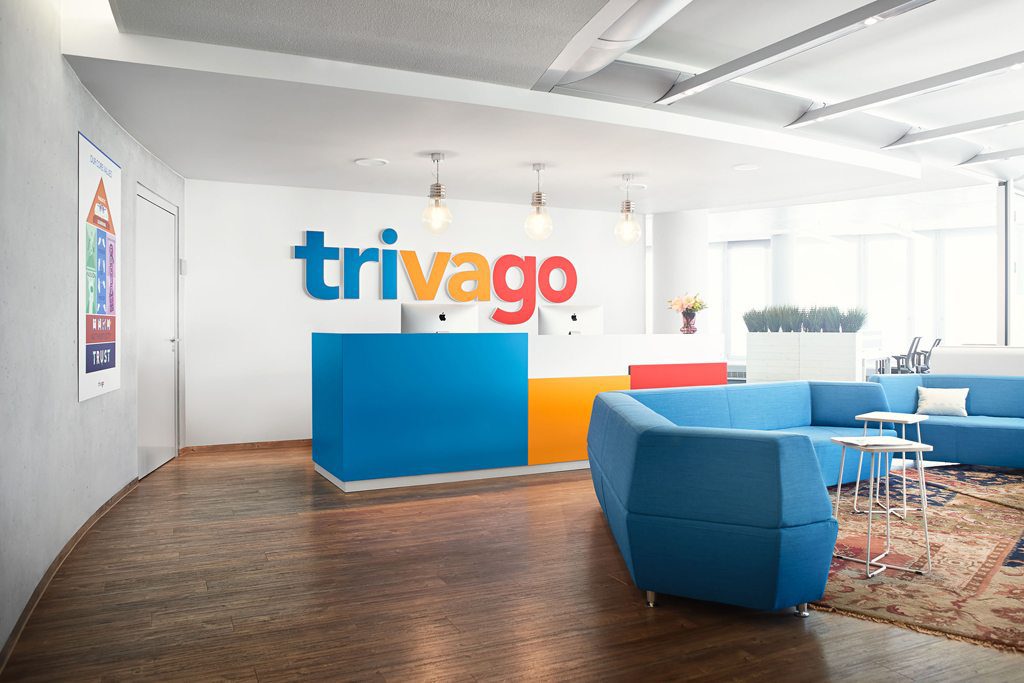Skift Take
There are no guarantees that Trivago will succeed in transforming itself, broadening its offerings to travelers, and becoming different enough from rivals to ensure its viability. But sitting still and not trying new things wasn't an option, either.
With hotel metasearch under pressure emerging from the pandemic, Germany’s Trivago is positioning itself to pursue a hybrid model.
During the company’s first quarter earnings call Tuesday, CEO Axel Hefer said Trivago’s recent deal to source tours and activities from TUI, which is in an early testing phase, would enable Trivago to engage with travelers during their trips, and present new opportunities. Until now, he added, Trivago mostly interacted with consumers well before their trips.
In other moves that diverge from the classic metasearch proposition, which is sending consumers looking for hotels from Trivago to online travel agency or hotel websites for to make their bookings, Trivago rolled out a local weekend getaway offering in the UK and the U.S. In addition, the company recently acquired Weekend.com, and added rail tickets to its existing holiday packages, although the train tickets have yet to be integrated into Trivago.
Trivago had been working on enhancing its local offerings during the pandemic when travel volumes were low, but now it sees some momentum, Hefer said during a Skift interview immediately following the earnings call.
“Before it was almost like swimming without water,” Hefer said.
Positivity?
To be sure, the coronavirus pandemic, with lockdowns in Europe, a surging virus in India and Turkey, and severely muted international travel, bludgeoned Trivago’s first quarter financial results.
Cost cuts enabled Trivago to narrow its net loss to euro 6.7 million ($8 million) in the first quarter, compared with a net loss of euro 214.3 million ($257.4 million) one year earlier. Revenue fell 73 percent to euro 38.2 million ($45.9 million) during the first three months of 2021.
But Hefer told analysts that this was the first earnings call since the onset of the pandemic that he could report positive signs, including Israeli travel reaching 2019 levels, a rebound in the U.S., a quickening vaccination pace in Europe, and cancellations slowing, leading to more traveler confidence.
Trivago did not take advantage of the short-term rental boom early in the pandemic because its customer base is mostly searching for hotels, but hotels are rebounding stronger now, Hefer said.
He took it as another positive sign that Trivago would not be adversely impacted by an ongoing business travel slump because its business is overwhelmingly for vacationers and not road warriors.
Turning On Marketing Again
Chief Financial Officer Mathtias Tillman forecast that adjust earnings before interest, taxes, depreciation and amortization would be similar in the second quarter to the first, which was a loss of euro 4.8 million ($5.7 million), but these adjusted earnings would turn positive in the second half of the year.
He said Trivago started ramping up its marketing spend, including for TV, in the U.S. in March.
Trivago’s marketing approach, which had been a roughly 50-50 split between performance and brand marketing prior to the pandemic, will be analyzed weekly, and the company will be opportunistic in its approach, Tillman said.
“Right now there is no golden rule that we want to do 50-50,” he added.
The Daily Newsletter
Our daily coverage of the global travel industry. Written by editors and analysts from across Skift’s brands.
Have a confidential tip for Skift? Get in touch
Tags: advertising, attractions, business travel, earnings, experiences, hotels, local, marketing, rail, tours and activities, trivago, tui
Photo credit: A file photo of Trivago's offices at its German headquarters. The company is broadening the types of products and services it offers travelers. Trivago
